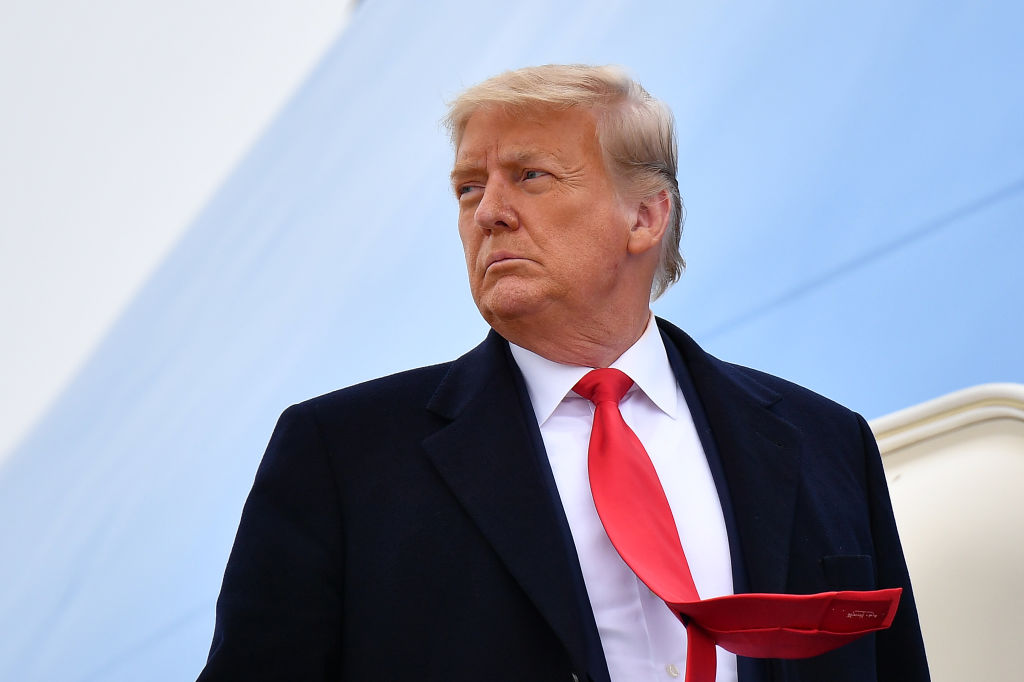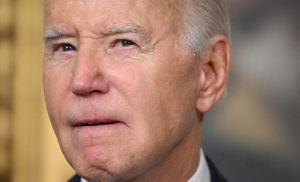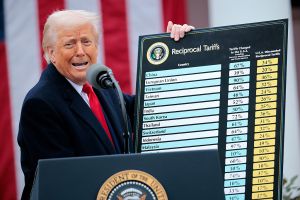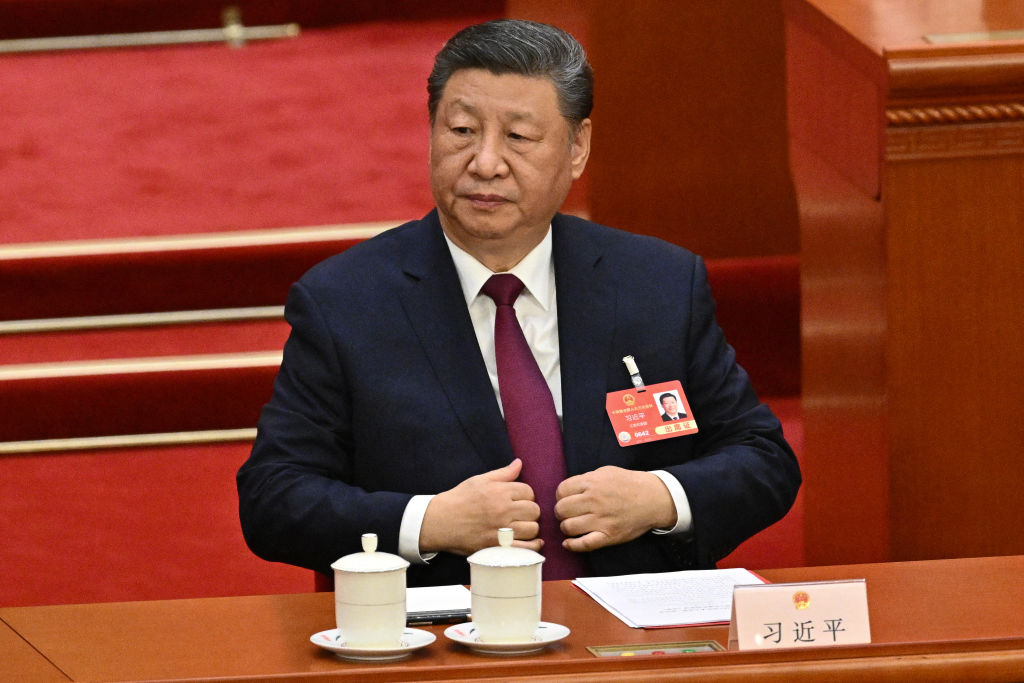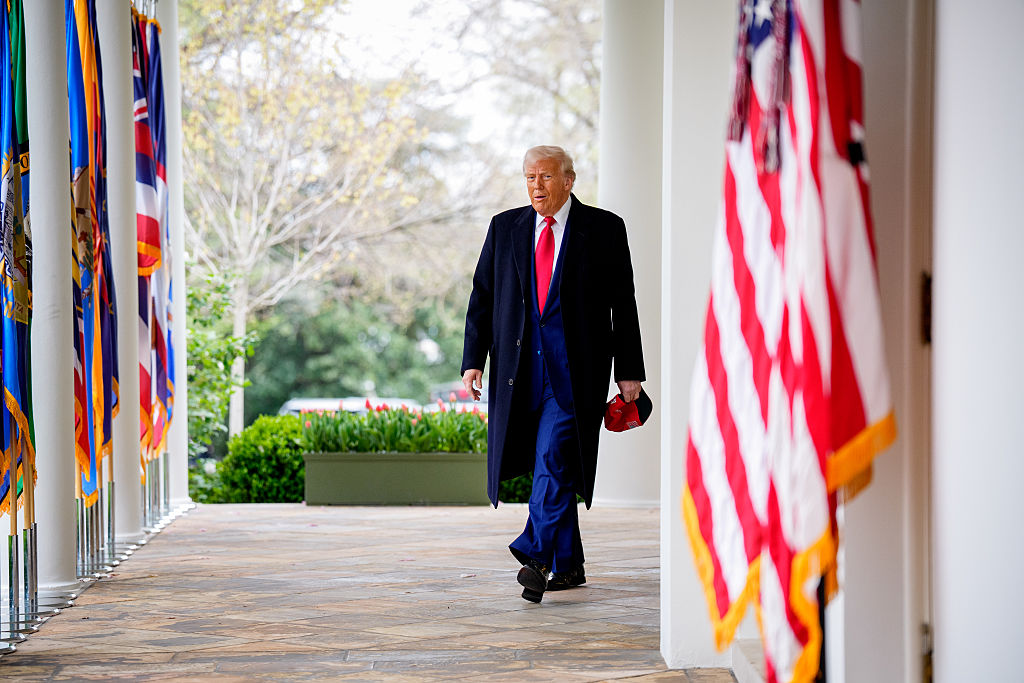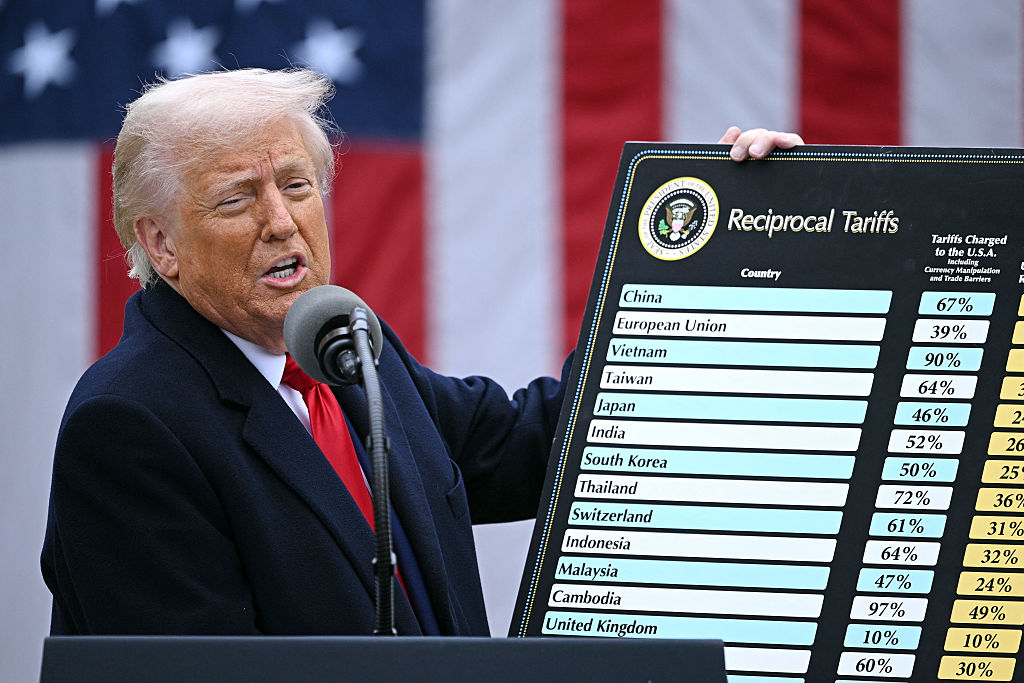Kenneth Minogue, the political philosopher from Down Under, devoted a career to the wholesale destruction of liberalism as a political, intellectual and moral system without liberals having ever noticed the fact. A decade ago, he observed that we now refer to our democratic rulers by their Christian names — Bill, Hillary, Barack, Joe, Boris and so on — as casually as we do baseball players, television anchors and rock stars.
The casualness of the age is not a wholly sufficient explanation of the practice. Democratic politicians, American ones especially, have had nicknames attached to them by their constituents for at least two centuries: Little Jemmy, Old Hickory, His Accidency, Uncle Abe or the Tycoon, Old Rough-and-Ready, His Fraudulency and Amtrak Joe among numerous others. Nicknames, however, are less socially revealing than the diminutives which have become more the rule than the exception these days. The first originate with the public while the second are the personal choice of the politicos themselves, who wish to conjure an image of themselves, coatless and tieless, sweating out their son’s softball game in a vacant lot or leaning through the window of a pickup truck with a gimme cap on their heads and a toothpick between their teeth.
Office seekers and placemen in past generations, many of them accomplished orators and thespians as well as politicians — Theodore Roosevelt, say, or his cousin Franklin — had the gift of being able to establish a sense of intimate personal connection with hoi polloi that did not depend for its effect on a state of partial undress and the cheap familiarity of a New York cabbie.
Politicians’ assumption of the demotic style was once a form of democratic flattery of a relatively innocent sort. Nowadays it is less innocent, having acquired a distinctly ideological dimension by implying that the private citizen being addressed by the Great Man is not merely his social equal but also his political one; that the voter has the same importance and influence as himself and his colleagues in government; that the represented is as important a member of the democratic sodality as his representative; and that the two are as close as brother and sister. What politicians stand to gain from this charade — or think they do — must be obvious. Why the plain people — the voters — go along with it is not.
The explanation likely has to do with the democratic infatuation with celebrity. It encourages people to regard politicians less as their superiors in power and influence, and more as an alternative to the pop singers and movie stars with whom they feel an imaginary intimacy that closes the existential gap between these household names and themselves. If so, the voters have taken a seven-league step in succumbing to a most dangerous illusion — the belief that their elected representatives are people “just like them” with whom they can comfortably identify, not simply in terms of social and political equality but as friends and even as relatives at a remove. Television created this illusion. Social media has reinforced it.
Politicians see an irresistible opportunity whose long-term risks they never pause to consider, owing to the many benefits they can realize from it. The American politician in the nineteenth century was as stuffed full with moralizing adages as his twenty-first-century successor is with his opponent’s latest poll numbers. One he could have ignored in those more socially and rhetorically informal days is “Familiarity breeds contempt.” Bagehot reminded his British readers of the fact in The English Constitution, but he didn’t really need to, the monarchy having understood its truth implicitly for centuries, as indeed it does today. So does former President Trump, who has never encouraged the use of his Christian name by either his friends or his enemies. (“The Donald,” of course, is a disused relic of his pre-political life as a New York tabloid-regular reality-television star.) To both he is always plain “Trump,” as becomes a man who, before he left the presidency at least, was no one’s ideological totem but a human being whom his enemies as well as his admirers credited with always speaking his mind and being always himself, an unapologetic billionaire politician who never appeared out of a suit and tie except on the golf course.
His followers, though wildly enthusiastic, have never been worshipful, as for example President Obama’s and Bernie Sanders’s are, but always respectful. For them he is not a projection of themselves, but rather the national politician who best expresses their views and most forthrightly represents their interests in the political world. It may be that Trump has fulfilled his mission and expended his political utility, but he has done so without contributing either to what Kenneth Minogue called “the servile condition” of the American people living in an ideological democracy or to the “political-moral” style of politics Minogue deplored. And he is absolutely certain not to go down in the history books as “Don” or “Donnie,” for which his country should be eternally grateful.
This article was originally published in The Spectator’s September 2022 World edition.



